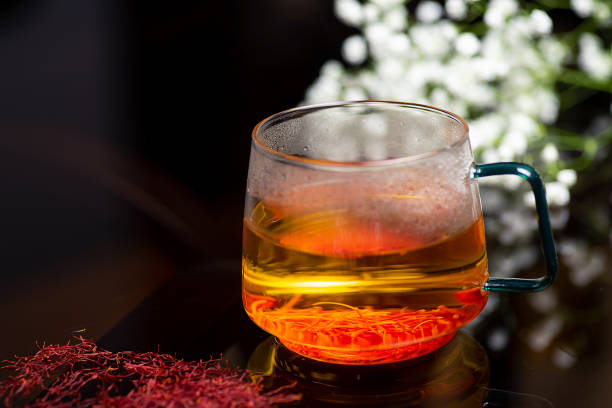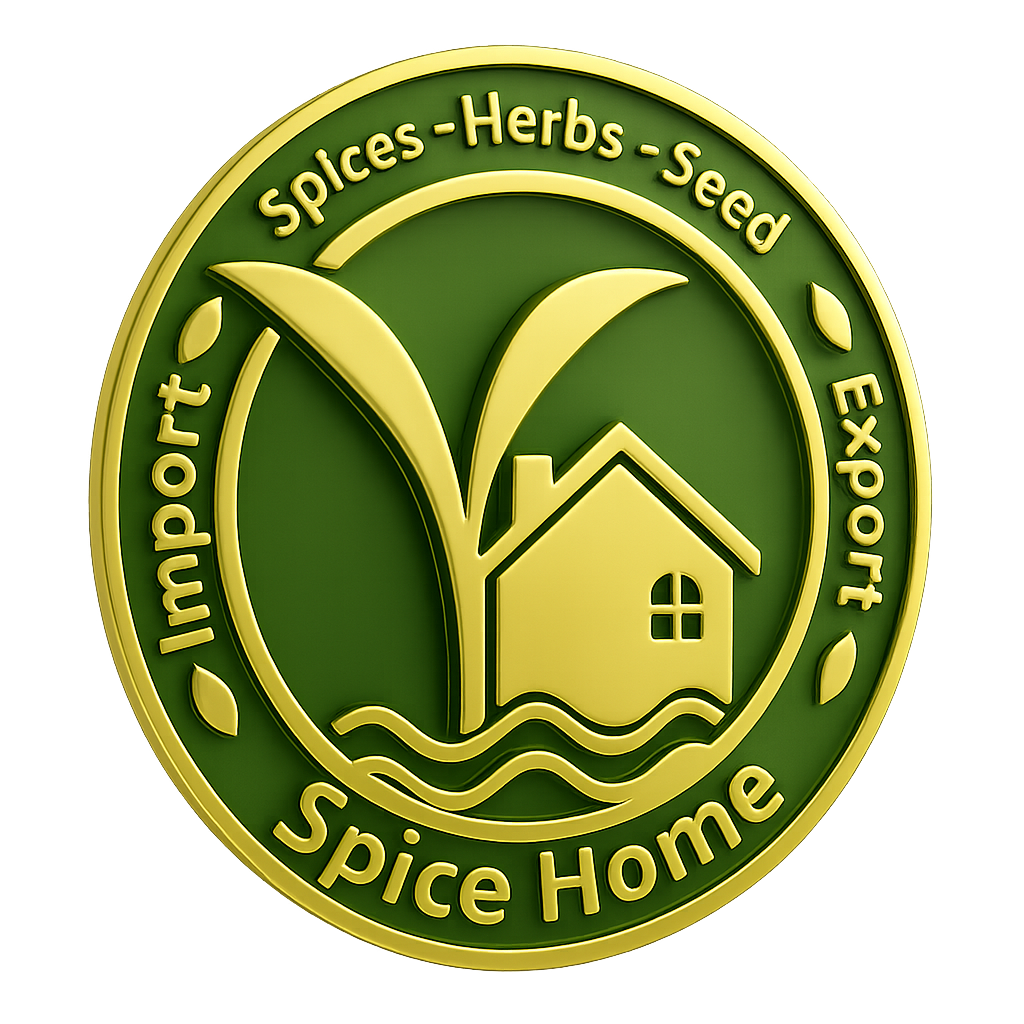The Healing Power of Spices
Spices have been an essential part of human civilization for thousands of years. They are not only used for enhancing the flavor of food but also for their incredible medicinal properties. Many ancient cultures, including those of India, China, and Egypt, have relied on spices for their healing effects. Today, modern science continues to validate what our ancestors already knew—spices possess remarkable health benefits. From reducing inflammation to improving digestion and even boosting the immune system, spices are powerful natural remedies that can enhance overall well-being.

The Science Behind Spices and Health
Spices contain bioactive compounds, such as antioxidants, essential oils, and polyphenols, that contribute to their medicinal properties. These compounds help fight oxidative stress, reduce inflammation, and support various bodily functions. Many spices have antimicrobial, antiviral, and antibacterial properties, making them effective in preventing and treating illnesses.
Spices with Healing Properties
1. Turmeric: The Golden Healer
Turmeric, known for its bright yellow color, is one of the most potent healing spices. It contains curcumin, a powerful anti-inflammatory and antioxidant compound. Research has shown that curcumin can help reduce the risk of chronic diseases such as arthritis, heart disease, and even cancer. Turmeric is also known to support brain health, potentially lowering the risk of neurodegenerative conditions like Alzheimer’s disease.
2. Ginger: A Natural Pain Reliever
Ginger is widely used for its ability to soothe digestive issues, reduce nausea, and relieve pain. It contains gingerol, a compound with strong anti-inflammatory and antioxidant properties. Ginger has been shown to alleviate muscle pain, reduce menstrual discomfort, and improve digestion. It is also effective in supporting the immune system, making it a great remedy for colds and flu.
3. Cinnamon: Balancing Blood Sugar
Cinnamon is known for its ability to regulate blood sugar levels, making it especially beneficial for people with diabetes. It contains cinnamaldehyde, a compound with anti-inflammatory and antimicrobial properties. Studies suggest that cinnamon can improve insulin sensitivity, support heart health, and even help in weight management.
4. Cloves: Nature’s Antiseptic
Cloves have been used in traditional medicine for their antibacterial and analgesic properties. Clove oil is commonly used to relieve toothaches and sore gums. The spice also contains eugenol, which has been found to support liver health and reduce oxidative stress in the body.
5. Black Pepper: Enhancing Nutrient Absorption
Black pepper contains piperine, a compound that enhances the absorption of essential nutrients like curcumin, vitamin B, and selenium. It also has anti-inflammatory properties and supports digestion by stimulating the production of digestive enzymes.

6. Cardamom: The Digestive Tonic
Cardamom is widely used in Ayurvedic and traditional medicine to aid digestion and relieve bloating. It has antioxidant and antimicrobial properties that support gut health. Studies suggest that cardamom may also help lower blood pressure and improve respiratory health.
7. Garlic: The Heart Protector
Garlic has long been recognized for its cardiovascular benefits. It contains allicin, a sulfur compound that helps lower blood pressure, reduce cholesterol levels, and improve circulation. Garlic is also known for its immune-boosting properties and its ability to fight infections.
8. Fenugreek: The Sugar Regulator
- Active Compound: Saponins and fiber (blood sugar control)
- Health Benefits:
- Regulates blood sugar and improves insulin function
- Enhances milk production in breastfeeding mothers
- Reduces cholesterol levels and supports heart health
- How to Use: Soak overnight and drink the water or add seeds to curries
9. Cumin: The Metabolism Booster
- Active Compound: Cuminaldehyde (antioxidant and digestive aid)
- Health Benefits:
- Improves digestion and reduces bloating
- Enhances metabolism and aids in weight loss
- Provides iron, supporting energy levels
10. Coriander Seeds: The Detoxifier
- Active Compound: Linalool (anti-inflammatory and digestive aid)
- Health Benefits:
- Supports liver function and detoxification
- Reduces blood sugar levels
- Eases digestive issues like bloating and gas
- How to Use: Add to soups, curries, and spice blends
Incorporating Spices into Daily Life
Including healing spices in your daily diet is simple and enjoyable. Adding turmeric to soups and stews, drinking ginger tea, or sprinkling cinnamon on oatmeal can provide significant health benefits. Fresh garlic can be used in cooking, while cloves and cardamom make excellent additions to herbal teas. The key is to use spices consistently and in combination with a healthy diet to maximize their effects.
Conclusion
Spices are more than just flavor enhancers—they are natural medicines that have been used for centuries to promote health and well-being. Modern research continues to uncover the numerous benefits of spices, confirming their role in preventing and managing various health conditions. By incorporating these powerful ingredients into our daily diets, we can harness their healing power and support a healthier lifestyle.


